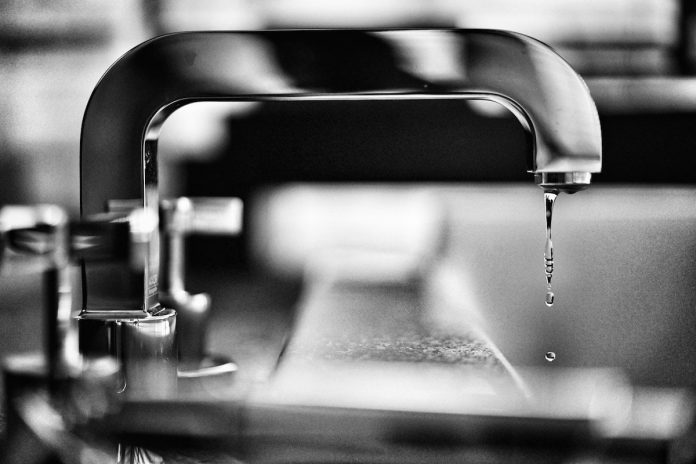Four Tell-Tale Signs Your Water Heater Needs Repair
Let’s face it – hot water is easy to take for granted until it’s suddenly gone. While cold showers are fine after a hot and sweaty summer day, they are not ideal when the colder months start to roll in. When the winter season hits, the hero is usually the water heater, and then, you will know if your heater needs repair.
Luckily, water heaters rarely stop working without warning. Knowing the signs and taking the necessary actions is crucial to prevent getting caught in the cold when winter comes knocking. Early corrective action will also save you substantial replacement expenses for damages caused by leaks.
Here are four early signs your water heater needs servicing.
Loud Noises
Most water heaters operate with little noise if any. If you hear any loud rumbling or popping noises coming from the heater, it may be a sign of an underlying issue. Such noises may be caused by burning sediments or a failing heating element. The water may need to be drained from the tank and residue removed to fix the problem.
Loud cracks and boiling sounds are by far the most problematic. They may indicate intense overheating, too much pressure, or a deteriorated heating element, as noted by the experts at jenningsheating.com/akron/water-heater-installation/. In both cases, especially the latter, it’s advisable to contact a professional technician for assistance.
Varying Water Temperatures
Fluctuating water temperatures may seem like a regular occurrence, but it can also signify something much worse. With time, such issues may progress to very little or a complete lack of hot water in your home. Fluctuating water temperatures may be caused by a faulty thermostat, residue build-up, or a failing heat element.
Check your thermostat to ensure it’s correctly set. If the problem persists, you need to bring in a professional for help. The technician may either recommend flushing your water heater to remove any debris or have a look at your thermostat or heating element to determine whether either of them needs repair or replacement. Postponing repair will only strain your heater more, increasing repair costs, so it’s best to have it looked at right away.

Water Leaks
Are water pools constantly forming beneath your water heater tank? If you notice water dripping from the unit, you need to take immediate action to avoid structural damage. Loose valve connections and water tank corrosion are the leading causes of such leaks. Before taking any corrective actions, it’s advisable to switch off the electric and gas supply to avoid accidents.
Inspect the water heater to determine the leak source – check the screws, valves, pipes, and connectors. Check the bottom for any signs of excessive leaking. Contact a professional for immediate assistance after determining the source of the leak. Too much pressure may flood your home. In cases of excessive leaking, you may need to replace the water heater.
Cloudy or Smelly Water
Cloudy, murky, or strange water odors may point to the presence of bacteria or rust within your heating unit. In some cases, the tank’s anode rod, which prevents build-up, may be the culprit. Mineral deposits may also cause such problems and may clog your pipes and other parts of your unit if not promptly addressed.
Before taking any corrective measures, it’s advisable to turn off the water supply, as murky water can lead to various water-related diseases. With the help of a professional, you’ll need first to flush your water heater tank. Depending on the cause of the problem, you may need to install water filters and softeners to remove the minerals, replace the anode rod, or replace the gas valve control.
A Little Maintenance Goes a Long Way
Regular maintenance of your water heater will help preserve functionality and save you costly repair and replacement expenses. You also need to insulate your water heater to prevent any energy loss. When handling maintenance by yourself, wear protective gear. If you’re not familiar with its functionality, hire a licensed professional for help.


